BOOKS › TV › RADIO › FILM › LETTERS › PUZZLES
Lazy days
Reviews editors: Margaret Bartlett, Maria Hodson
GARDENING FOR WILDLIFE IN THE FENS
Francis Pryor tells the fascinating story of turning a denuded Fenland landscape into a wildlife haven
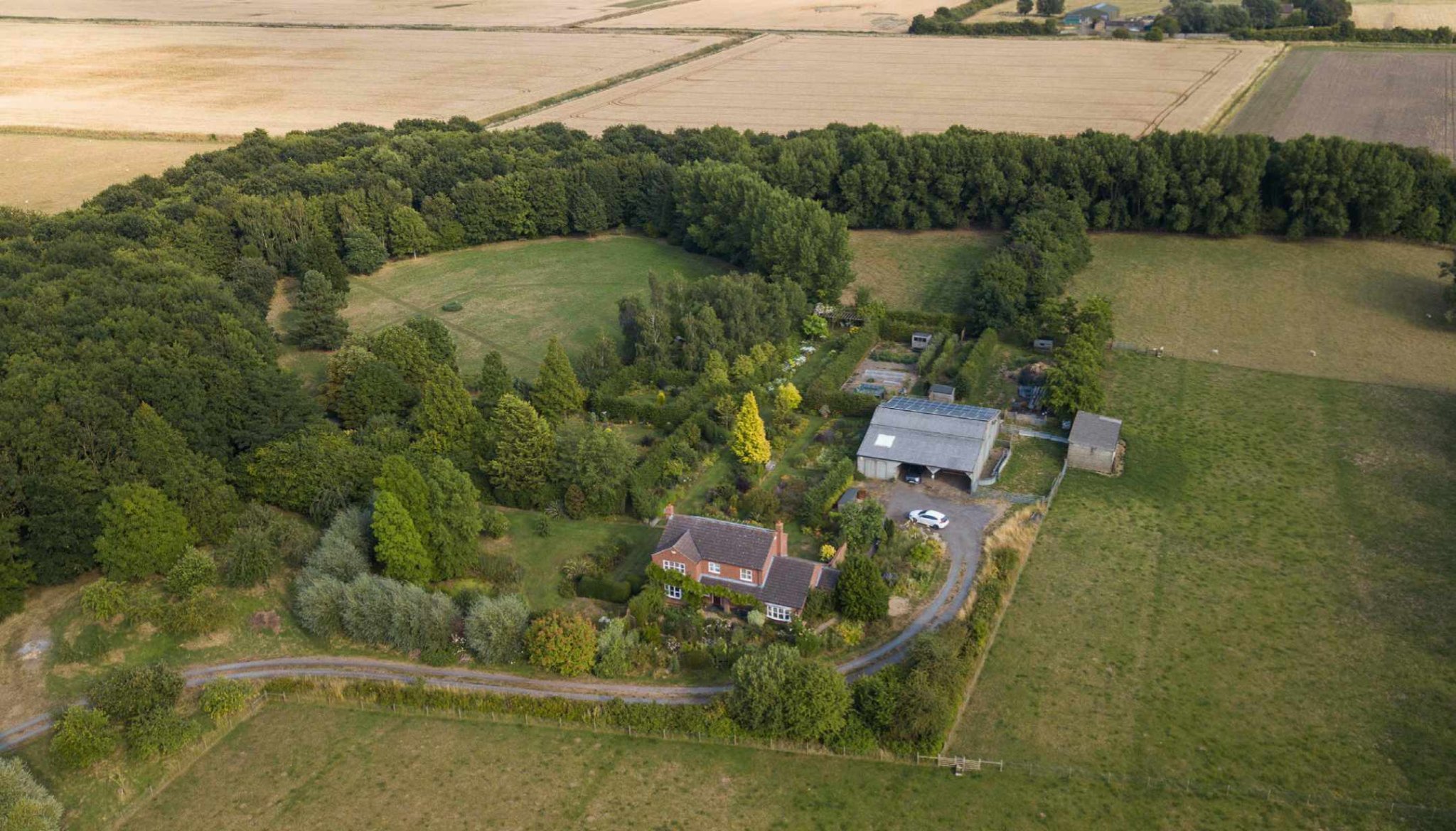
BOOK
A FENLAND GARDEN
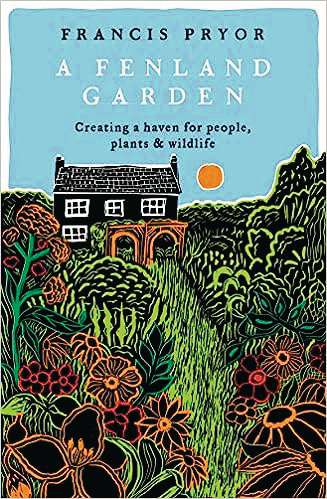
Archaeologist and historian of landscape and culture Francis Pryor embeds this fascinating narrative of garden creation within the context of his beloved Fenlands. Telling the story of Limetree Farmhouse and Inley Drove Farm, he charts the challenges and rewards of working within the denuded arable landscapes to create flourishing wildlife gardens.
Working with the relics of hidden creeks, the gardens and farm gradually give life back to a soil emptied of wildlife by intensive post-war cultivation. Drawing on their experience of research and of the Bronze Age landscape around Flag Fen, Francis Pryor and his wife Maisie Taylor integrate native and modern plant varieties to create gardens that harmonise with, but also humanise, the exposed fens, with their biting winds.
Native hedgerows create design structure as well as shelter for wildlife and plants. Alongside the gardens, they develop wood and hay meadows, an orchard, a nut walk and a vegetable plot as well as rose gardens, flower borders and a small plant nursery. As Inley Drove Farm develops, the plants take centre stage in the story, echoing the real-life development from arable field to gardened oasis. Local characters and histories provide a backdrop to the garden’s creation, while details about the changing climate give a broader context.
Pryor’s description of their inspirations, successes and occasional failures make this a book for all gardeners, while the interweaving of the ancient environment will delight historians and lovers of the Fen.
BOOK
THE WAY OF THE HERMIT: MY INCREDIBLE 40 YEARS LIVING IN THE WILDERNESS
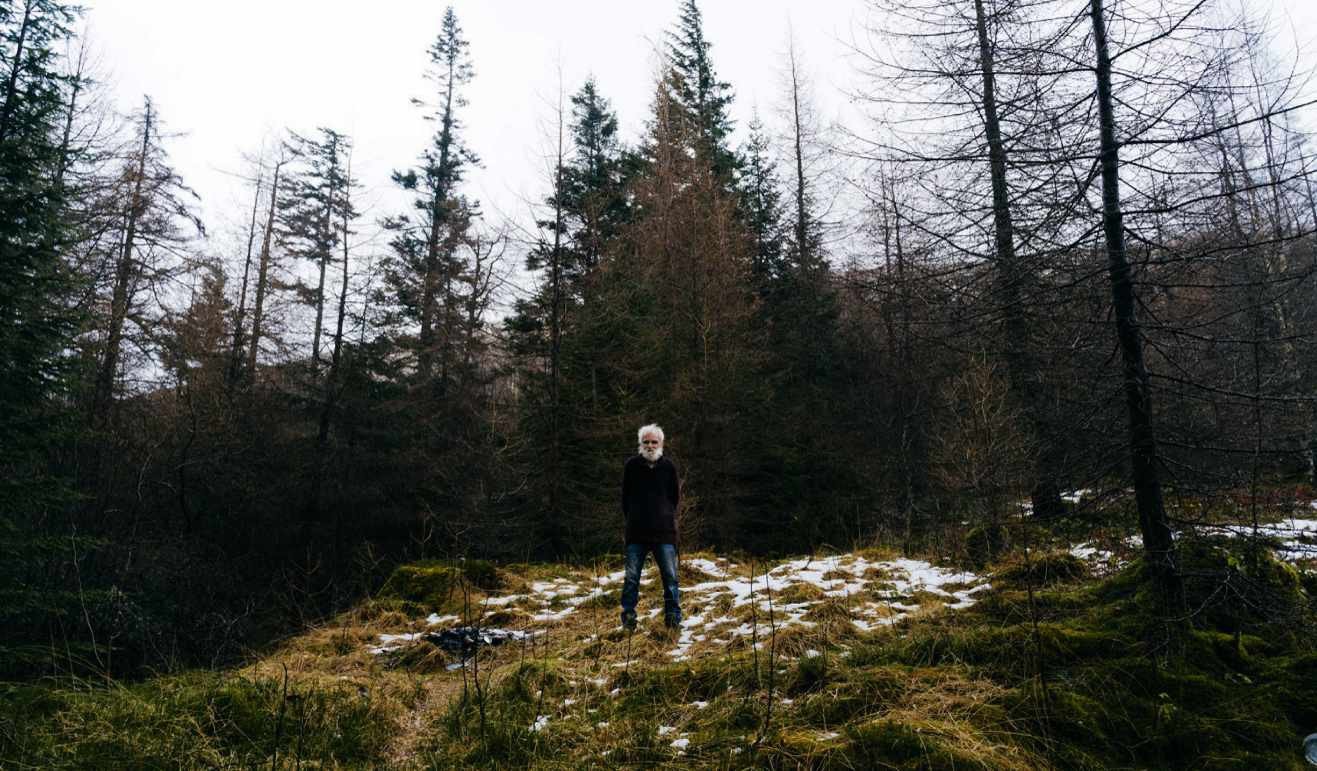
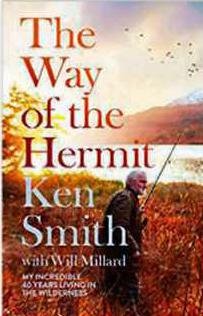
Now in his mid-70s, Ken Smith’s life has been an extraordinary one. And the odds of that ever happening once seemed very slight. He endured an impoverished childhood, poorly paid dead-end jobs, and two horrible experiences as a young man that nearly killed him.
It was his dogged and fearless pursuit of his one great love – that of being out in the natural world – that was the making of him. Given permission to build himself a cabin in lochside woods in the Scottish Highlands, Ken embarked on a largely solitary and mostly self-sufficient life outside the mainstream.
However, his has not been the imagined quiet life of the hermit. His tale is littered with remarkable events, terrible setbacks, one hair-raising brush with a poltergeist, terrifying storms, and a touching relationship with a wounded crow. It’s all told with a down-to-earth honesty: his thoughts on midges, slugs and ticks, and his later life cancers and strokes, are refreshingly candid and humorous – while his practical observations on living off the land and keeping going when things get tough are shot through with wisdom.
But the lasting impression is of the author’s character. Ken Smith comes across as a thoughtful, resourceful and above all humane man, one who has faced down his unpromising prospects and boldly lived life. For anyone who feels they are merely going through the motions, this book will make an inspiring read.
BOOK
THE BRIDLEWAY
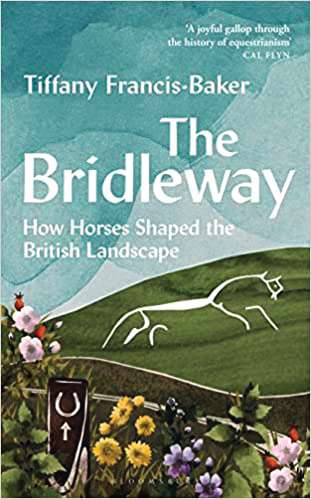
Tiffany Francis-Baker starts her journey on the back of Roxy, a borrowed pony, on an old Hampshire Bridleway. It’s March, and nature is awakening from winter’s long sleep. As Francis-Baker continues her journey through Britain in search of our equestrian heritage, she evokes a gentle British landscape throughout the seasons in which the horse takes centre place. Her ability to closely observe nature in all its beauty makes this book a delight for horse-lovers and non-equestrians alike.
Francis-Baker casts her net wide to take us through the history of horses from antiquity to modern times. In days of yore, horses were an integral part of British life. Our ancestors used them to cross the country, farm the land and work the mines. Thankfully, the days of war horses and pit ponies – deprived of light – are long gone. These days, horses are primarily used for sport and leisure. Francis-Baker admits equestrian pursuits are primarily the domain of the privileged, but there are positive changes: competitive horse sports are slowly becoming more diverse and inclusive. Most encouraging is the role of the horse in rewilding projects and as a medium of therapy in mental health.
From their roles in painting, sculpture, literature, mythology, folklore and history, Francis-Baker takes us on a fascinating journey through the world of horses and our enduring relationship with them.
CATCH-UP TV
EARTH
BBC TWO, STARTS JULY 17
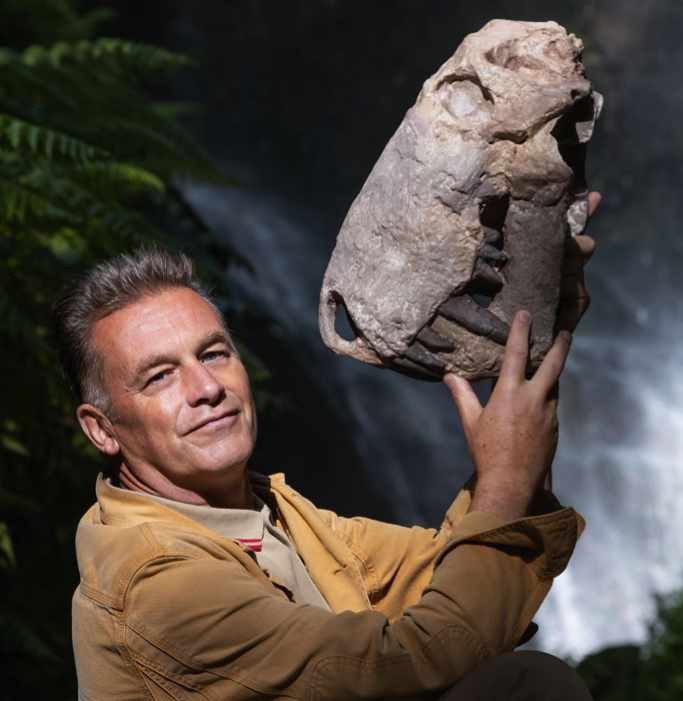
Naturalist, wildlife and conservation expert and presenter Chris Packham turns his attention to the history of Earth in this new five-part BBC series. Described as a “groundbreaking landmark series”, Earth reveals the most epic upheavals in our planet’s four-billion-year story.
Using cutting-edge computer-generated imagery and the latest scientific research, this biography of Earth starts with mass extinction and the eventual rise of the dinosaurs, in the debut episode, ‘Inferno’. In episode two, ‘Snowball’, Chris tells the story of when almost the entire globe was covered in ice, while in episode three, ‘Green’, we hear how plants covered world. Episode four looks at how the Earth’s atmosphere developed, before the final episode, ‘Human’ explores the rise of mammals, and then people. Chris argues for a positive next chapter: “… in the very near future our species will need to reach the zenith of its achievements and… humanity will have to learn to put Earth first.”
BOOK
GOD IS AN OCTOPUS: LOSS, LOVE AND A CALLING TO NATURE
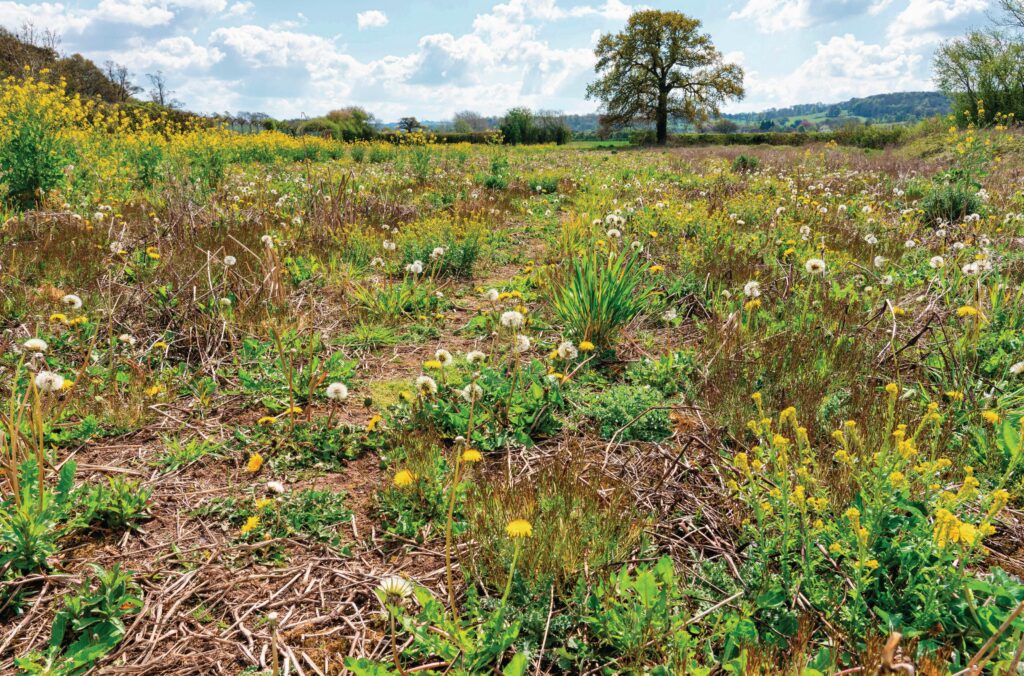
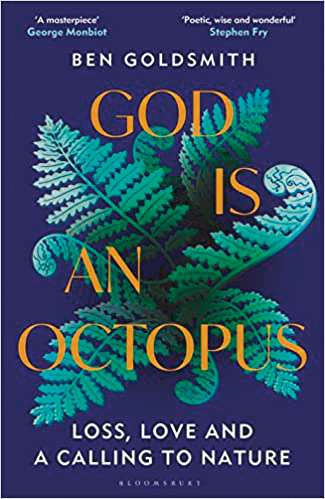
Iris Goldsmith, Ben’s eldest daughter, died in July 2019 in a freak accident at their Somerset farm. She was 15 years old. Being a high-profile family, the tragedy became national news, but in this very moving memoir, the leading rewilder and green investor bares his soul to let us into the darkest moments of his most private grief. Painfully honest, it is an astonishing account of living through every parent’s worst nightmare.
Though the author enjoys great privilege – few of us are in a position to create a full-size stone circle from Cornish granite to honour someone’s memory – his themes of loss, love and recovery are universal, the story beautifully told. He finds comfort in wild swims, observing the passing seasons and the gradual realisation that a lifelong reverence for the natural world, something shared with Iris, is his deepest calling and purpose, akin to a religion.
Rewilding of the family farm is stepped up a gear, until it explodes with new life. Its unruly hedgerows, rewiggled stream, beaver pond and flowery meadows scattered with self-seeded saplings inspire neighbouring landowners to start doing the same, so that the Goldsmith estate becomes an “inkblot of wildness” spreading through the valley.
Vowing to keep on “hustling and haranguing” for nature, the broken-hearted conservationist eventually finds a kind of peace and the spirit of Iris lives on.
GUIDEBOOK
THE ENGLAND COAST PATH: BOOK 1, THE SOUTH COAST
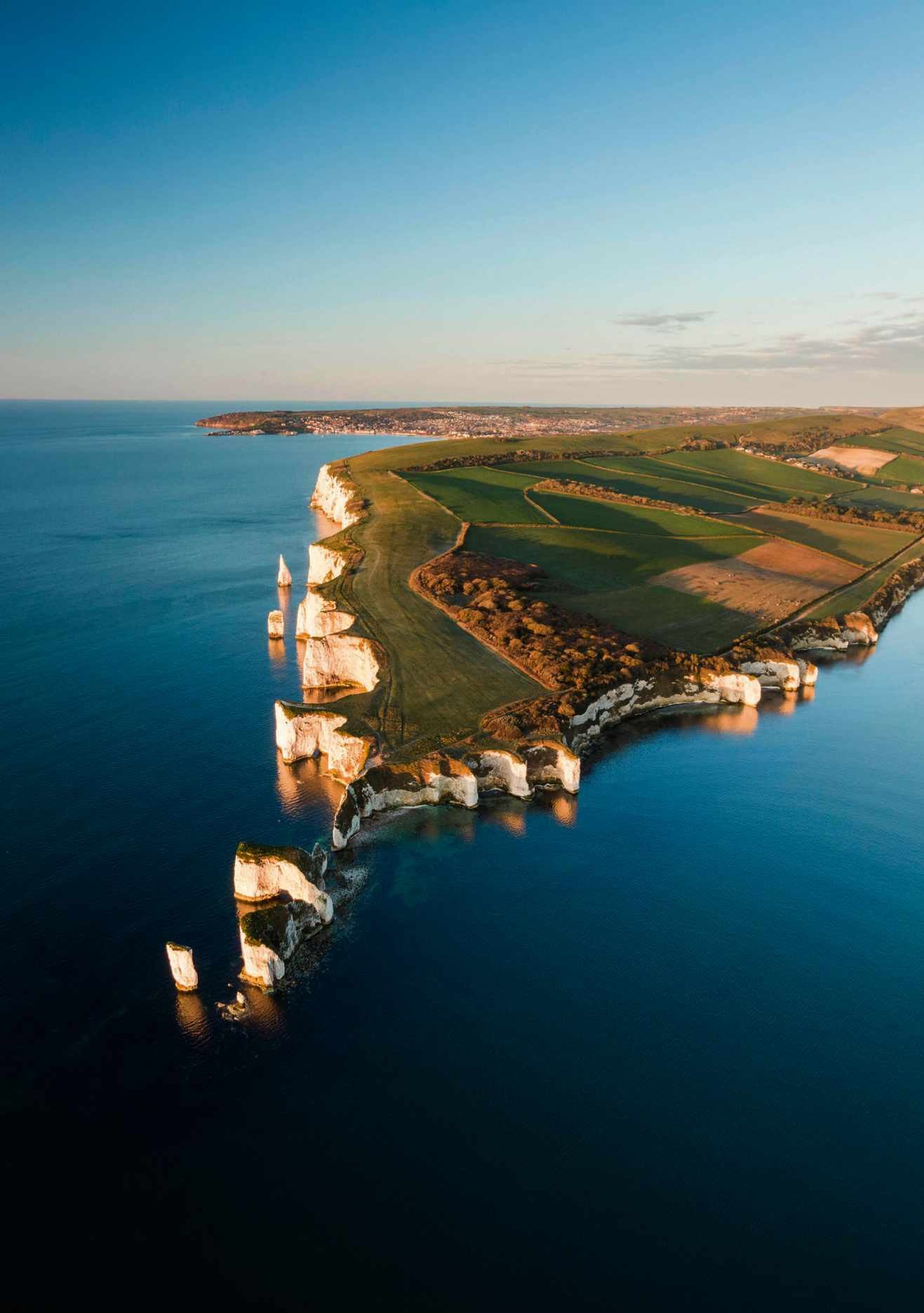
Itching to walk sections of the 2,700-mile England Coast Path? Artist, cartographer and guidebook writer Chris Goddard aims to help you maximise the adventure in this, the first in a four-part series of guidebooks exploring the newly creating long-distance route. Book one gives a detailed route description of the 706 miles from the River Thames at Woolwich to the River Exe at Exmouth.
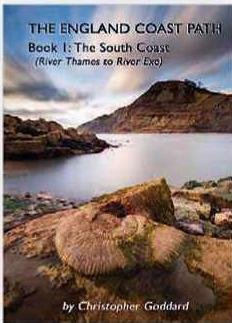
Hand-drawn maps, colourful photos and accessible alternatives to sections where the route is not yet officially open are included, plus information on public transport, parking, accommodation, campsites, refreshments and a bit of local history along the way. Pack your soundbuds, too; for every section of the route Chris offers a daily soundtrack with a song inspired by the location, such as Vera Lynn’s ‘White Cliffs of Dover’ and ‘Hampshire Born’ by Brian T Parks. Check out the playlist on YouTube (youtube.com/@englandcoastpath).
Look out for the next books in the series: the South West Coast, North Coast and the East Coast.